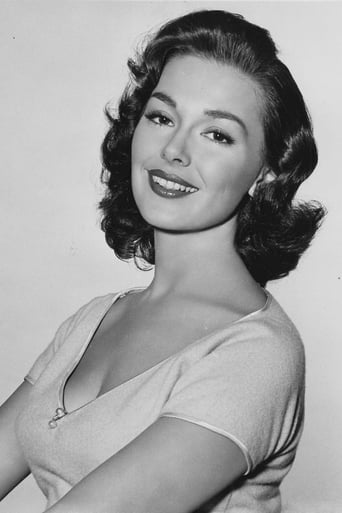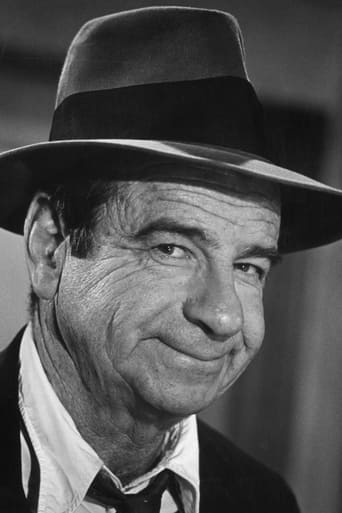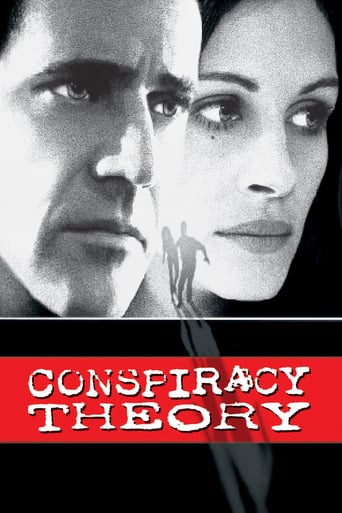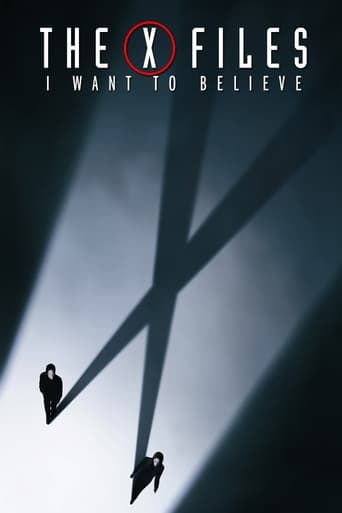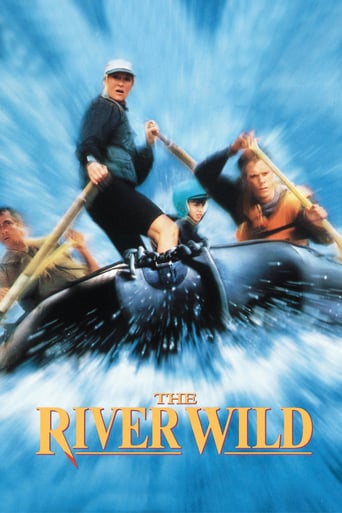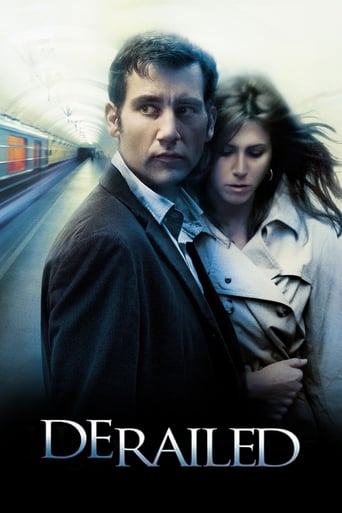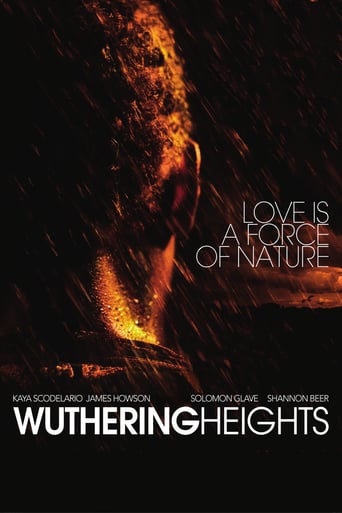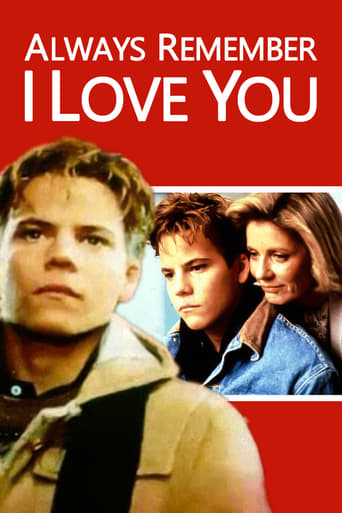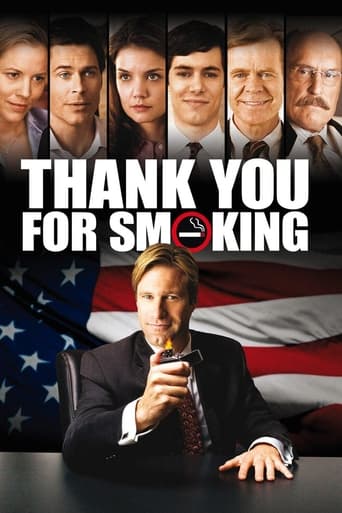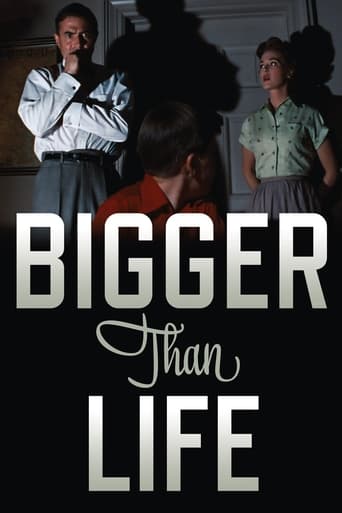
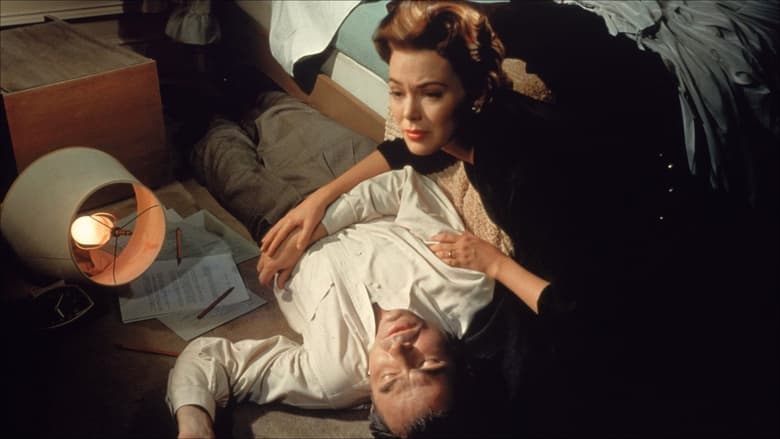
Bigger Than Life (1956)
A friendly, successful suburban teacher and father grows dangerously addicted to cortisone, resulting in his transformation into a household despot.
Watch Trailer
Cast
Similar titles
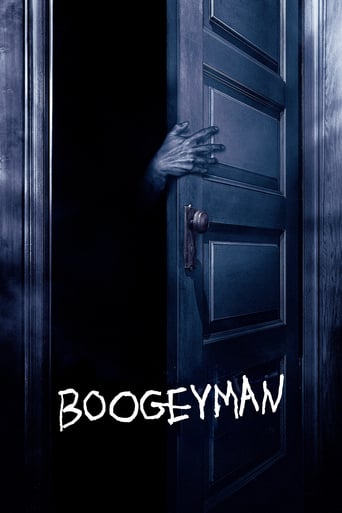
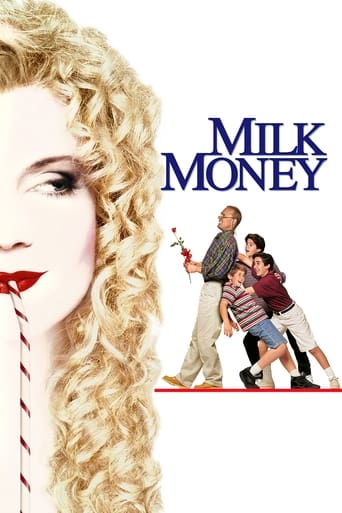

Reviews
Wonderful Movie
If you don't like this, we can't be friends.
When a movie has you begging for it to end not even half way through it's pure crap. We've all seen this movie and this characters millions of times, nothing new in it. Don't waste your time.
Fun premise, good actors, bad writing. This film seemed to have potential at the beginning but it quickly devolves into a trite action film. Ultimately it's very boring.
How is it that I'd never heard of this movie before? "Bigger Than Life" is a dream come true for those movie fans (I count myself among them) who love the decade of the 1950s for its total cinematic schizophrenia. I can't think of another decade that created whole omnibuses of films more strongly opposed to one another. It seems that half of the filmmakers of the 50s were churning out earnest Technicolor pap that tried to sell the American public a version of the 50s that simply didn't exist yet which everyone so desperately wanted to believe did, while the other half were making movies about everything that was wrong with the very version of America the other half was clinging to. If you're a fan of subtext in films, and especially interested in seeing how filmmakers could work within the conventions of a genre while turning those conventions against themselves, the 50s are your decade. And for the ultimate master of subtext, look no further than Nicholas Ray.There isn't a Ray film I've seen that isn't dripping in subtext, socio-political, sexual, gender-based, you name it. "Bigger Than Life" stars a towering James Mason as a family man who's turned into a literal monster when he becomes addicted to a drug that helps keep a life-threatening medical problem at bay. The film goes to some jaw-dropping places, especially toward the end, as Mason's character evolves from protector to worst nightmare and the picture-perfect family life depicted in the earlier parts of the film dissolve before our very eyes. However, Ray's point all along is that that picture-perfect family never really existed in the first place, and the drug on which Mason gets hooked brings out the "id" in him and the family dynamic that's been lurking there all along.Ray was the rare director who could make the saturated Technicolor and massive Cinemascope aspect ratios of 1950s filmmaking work to his advantage and serve his artistic purposes, rather than simply be used to photograph pretty gowns and landscapes. In fact, despite its Cinemascope grandeur, "Bigger Than Life" is all about cramped interiors -- offices, bedrooms, one's own feverish mind -- and the skeletons in the closets, real and imagined, that are hiding there.Grade: A
I saw A Hatful of Rain and Bigger Than Life in the same evening, because they seemed to make the perfect double feature as they both dealt with addictions. (They had been on my short list of movies to see for a while.) I watched A Hatful of Rain first. I liked it for certain things, but was glad to have left Bigger Than Life for last. While the first film was good, this film was exceptional. James Mason's performance as a teacher who needs to take cortisone to cope with an illness and getting hooked to it is mesmerizing. I could say he was the whole show, but he's not. The production values overseen by director Nicholas Ray were grade A, including the great supporting cast and the overall feel that this was taking place today and that it could be anywhere. It felt that real. A Hatful of Rain felt a little too stagy and like it was trying too hard to be self-important and/or preachy. But this film showed the people and the problems and let them speak for themselves. Barbara Rush and Walter Matthau were all excellent and young Chris Olsen, also from The Man who Knew Too Much, is unbelievable in his role as Mason's impressionable son. I doubt I would see A Hatful of Rain again despite its good actors and somewhat tender take on the subject matter, but I could watch Bigger Than Life right now. That's the test of a great film. That it makes the viewer want to see it again and that it stands up to several viewings, with the viewer never losing interest and maybe finding more and more in it. There's more than what you see, in this bigger than life story featuring the under-rated actor James Mason.
From director Nicholas Ray (In a Lonely Place, Rebel Without a Cause), it was later that I heard this film was a melodrama, and it featured in the book 1001 Movies You Must See Before You Die, so I had to see it. Basically Ed Avery (A Star Is Born's James Mason, also producing) is the schoolteacher and family man who is suddenly struck by a series of increasing pains and blackouts, and in hospital it is confirmed that he has a inflammation of the arteries, called polyarteritis nodosa. He is at first told he may have only months to live, which upsets him, his wife Lou (Barbara Rush) and their son Richie (Christopher Olsen), but then they decide to try and experimental hormone drug, cortisone, to see if it will relieve and eventually eliminate the pain, and it seems to work. The doctors tell Ed he will have to take the cortisone tablets indefinitely if he wants prevent the pain and illness returning, and at home he makes a remarkable recovery, returning to his regular routine and home life. However signs start to show that this "miracle cure" has affects on Ed's personality and behaviour, as he starts to misuse and overtake them, causing nightmarish reactions. The drugs are causing him to have constant mood swings, irrational temper, and ultimately hideous and psychotic abuse with violence towards Lou and Richie, threatening their safety. Lou tries ways to get him to take less, or completely rid of the cortisone from her husband, including trying to get his friend, school caretaker Wally Gibbs (Walter Matthau) to help, but this only angers Ed much more. The drugs are eventually taken away from him and he restrained and put into hospital so that the drug affects can lessen and he can get back to his old self, and thankfully in the end he recovers, with no memory of his actions, and the doctors insist he will take much smaller doses in future, but Ed, Lou and Richie hug in relief. Also starring Robert F. Simon as Dr. Norton, Roland Winters as Dr. Ruric, Rachel Stephens as Nurse and Rusty Lane as Bob LaPorte. Mason gives a truly powerful performance as the at first mild-mannered and kind man who completely flips to become a scary, bully like, psychotic, megalomaniac monster towards his family, and Rush is perfect capturing the innocent fear and terror towards him, the bright colour scheme definitely works to create the striking scenes and feeling of unease, it is a must see psychological drama. Very good!
A teacher with a fatal disease is given a new lease on life thanks to cortisone, but he becomes addicted to the drug, leading to bizarre side effects. The film gets off to a rather dreary start, but perks up once the side effects start manifesting themselves. Mason's put downs of his wife are quite funny ("It's a shame I didn't marry someone who was my intellectual equal"). As the wife, Rush is intended to be portrayed as strong and loving but comes across as a clueless idiot who lets things spiral out of control instead of taking charge when Mason starts losing his mind. Mathau is good as a gym teacher. Ray does little to shape the material, settling for some cheesy effects instead.

